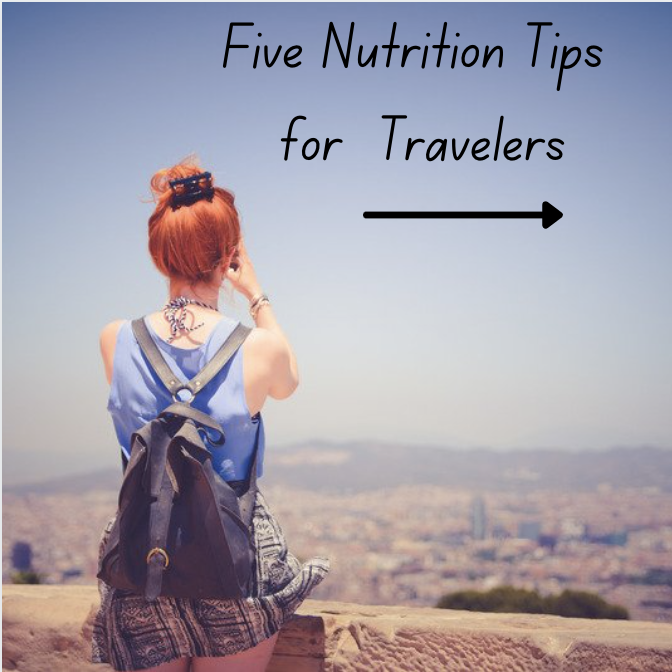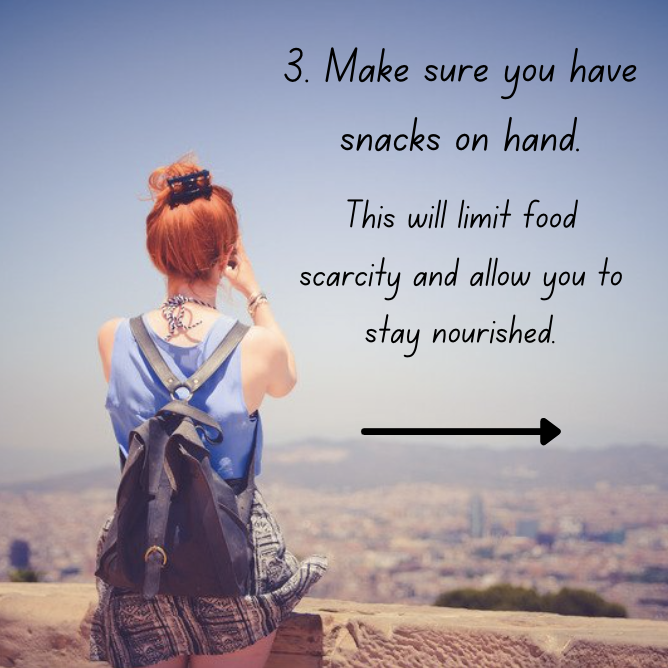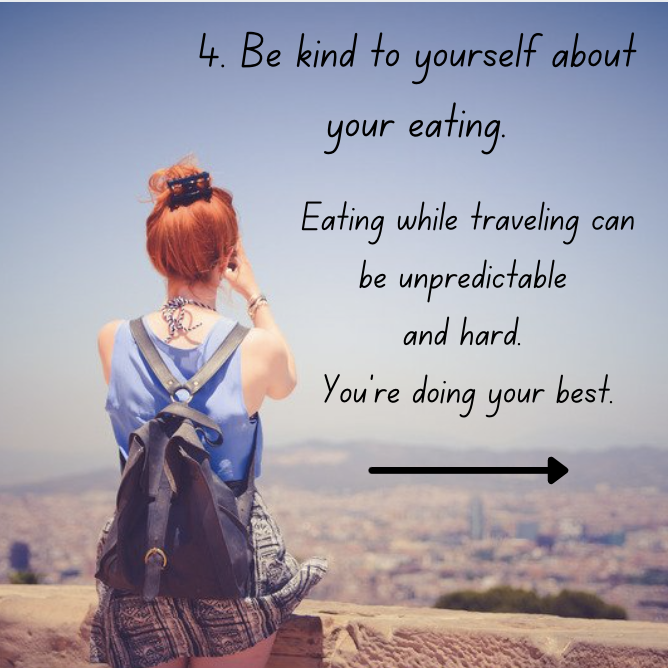As a parent, you might feel some anxiety around Halloween approaching. There’s candy…everywhere… and your kids want it all. Or at least that’s how it may feel.
So how do you navigate allowing your child to eat candy? Many parents worry their child will eat too much.
Here’s some sweet food for thought:
Treat candy the SAME as any other food, even vegetables.
-Why? Because this will reduce the forbidden or “special” label on it. As humans, we like special things, limited time offers, forbidden treasures, and novelty items. By putting candy on the same playing field as veggies, it’s no longer this special it to be desired after.
Allow your child to eat as much as they want.
-If they eat too much, then they’ll get a stomachache and learn to eat less next time. Self regulating the amount they eat will help them feel satisfied and confident in their abilities to eat.
Encourage your child to eat it as a part of meal or snacks.
-This will ensure your child eats a variety of foods. This will also reinforce the first 🍭point. It also teaches that food isn’t something that needs to be earned (ex. If you eat your veggies you can get dessert).
More questions about this? Meet with our dietitian nutritionist!
Call the front desk to schedule an appointment.





























